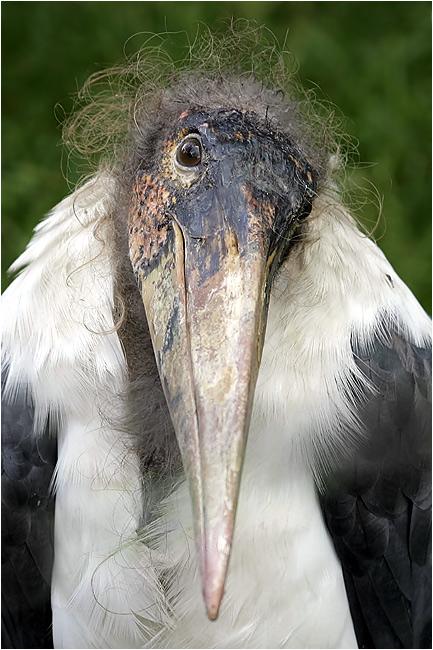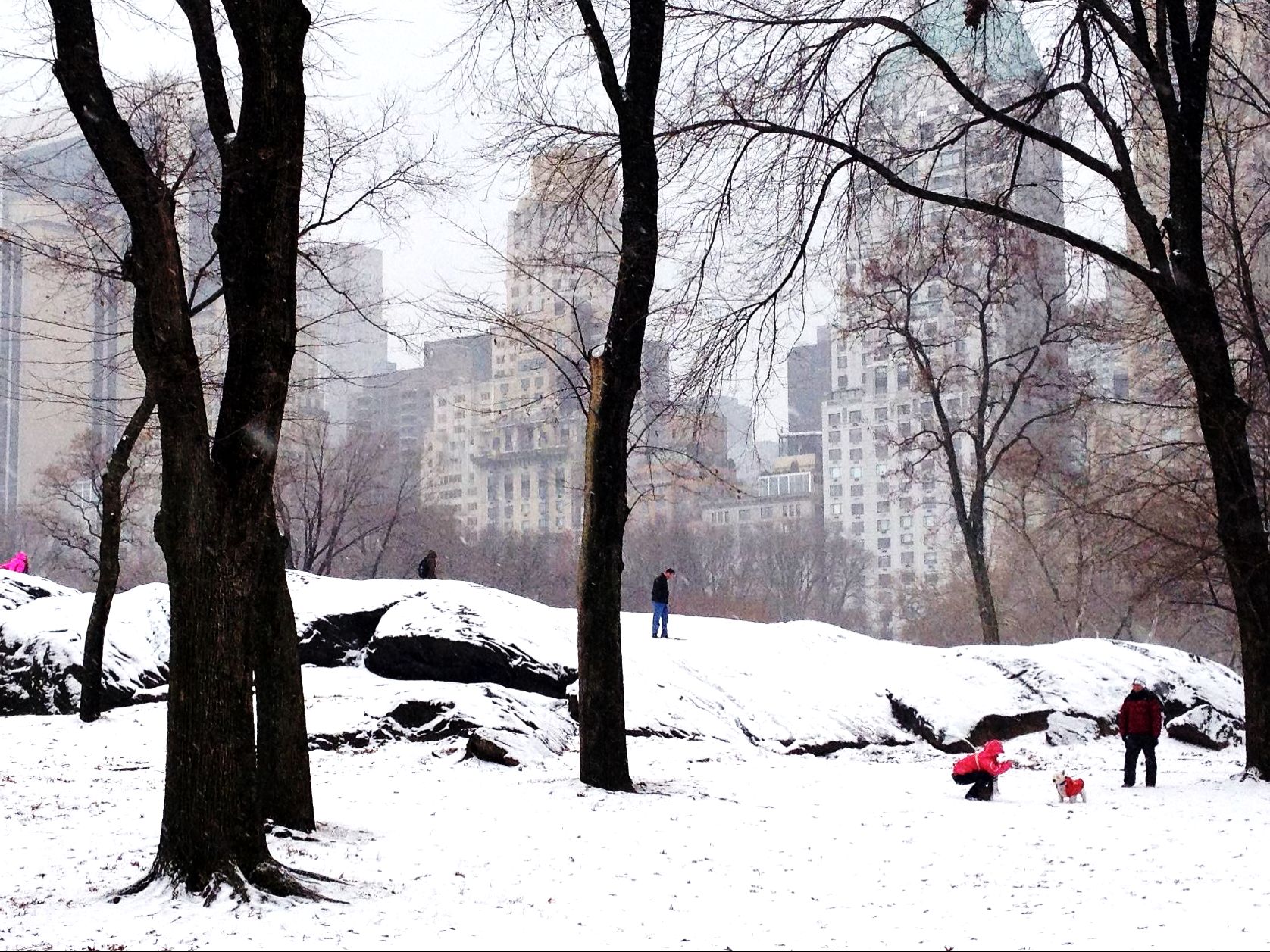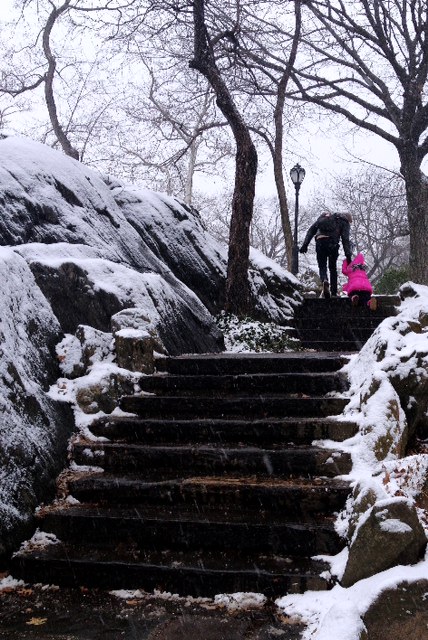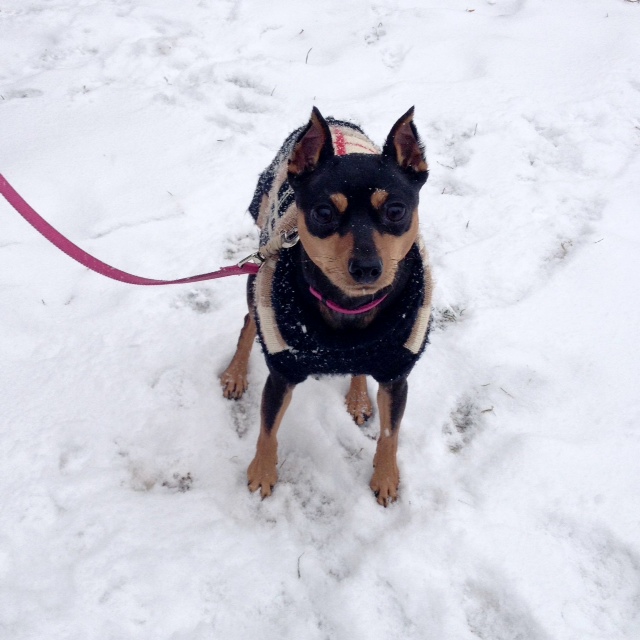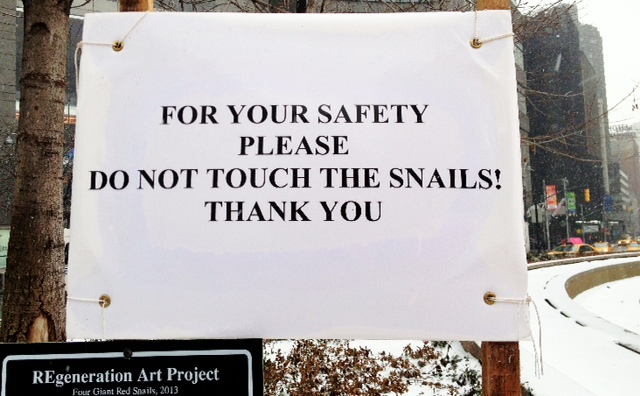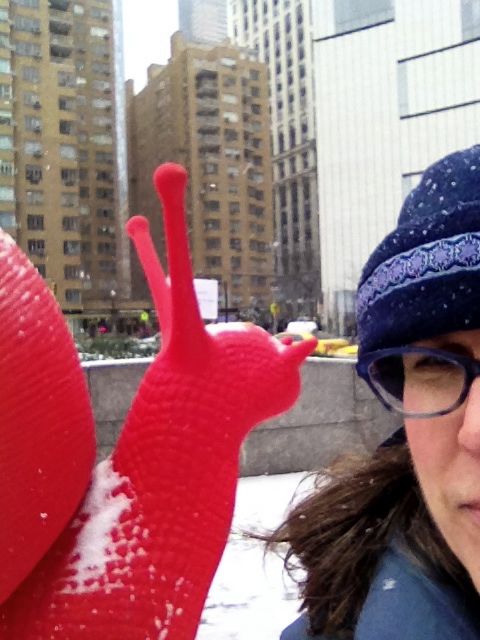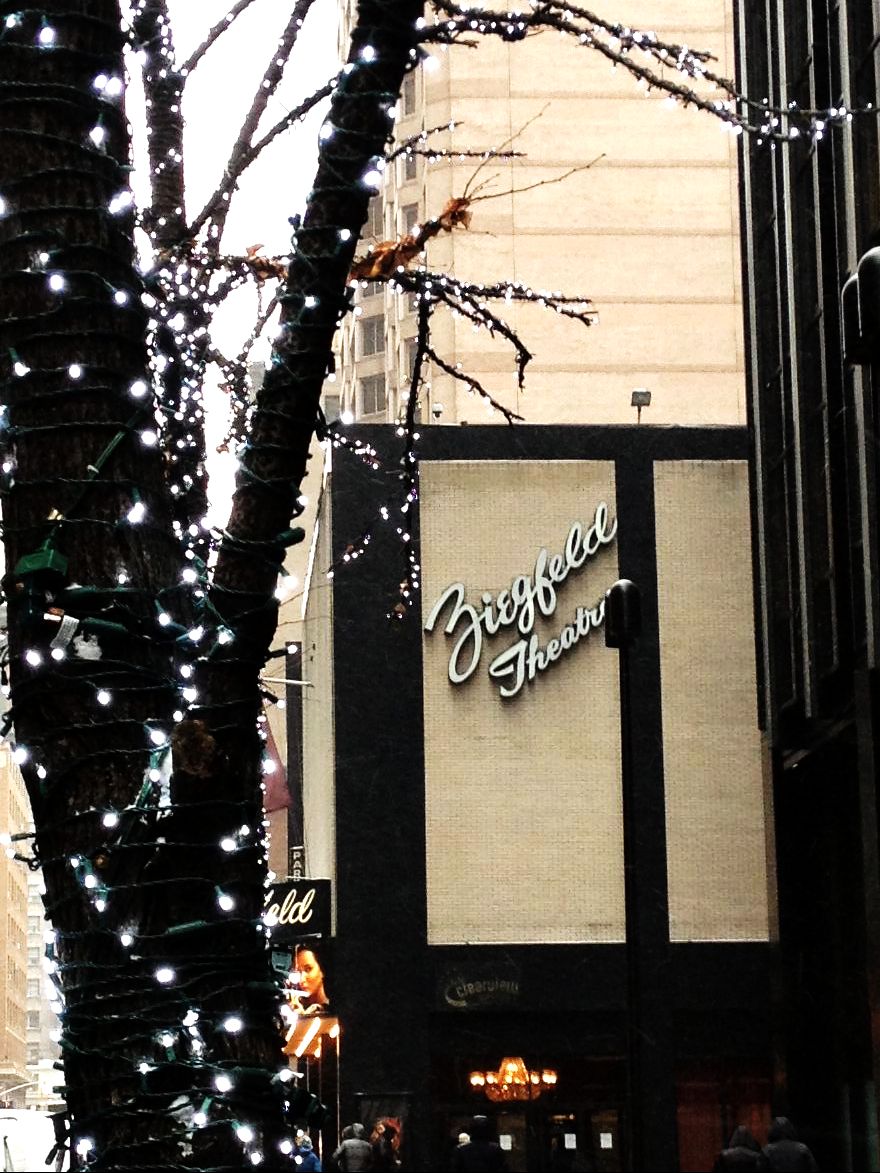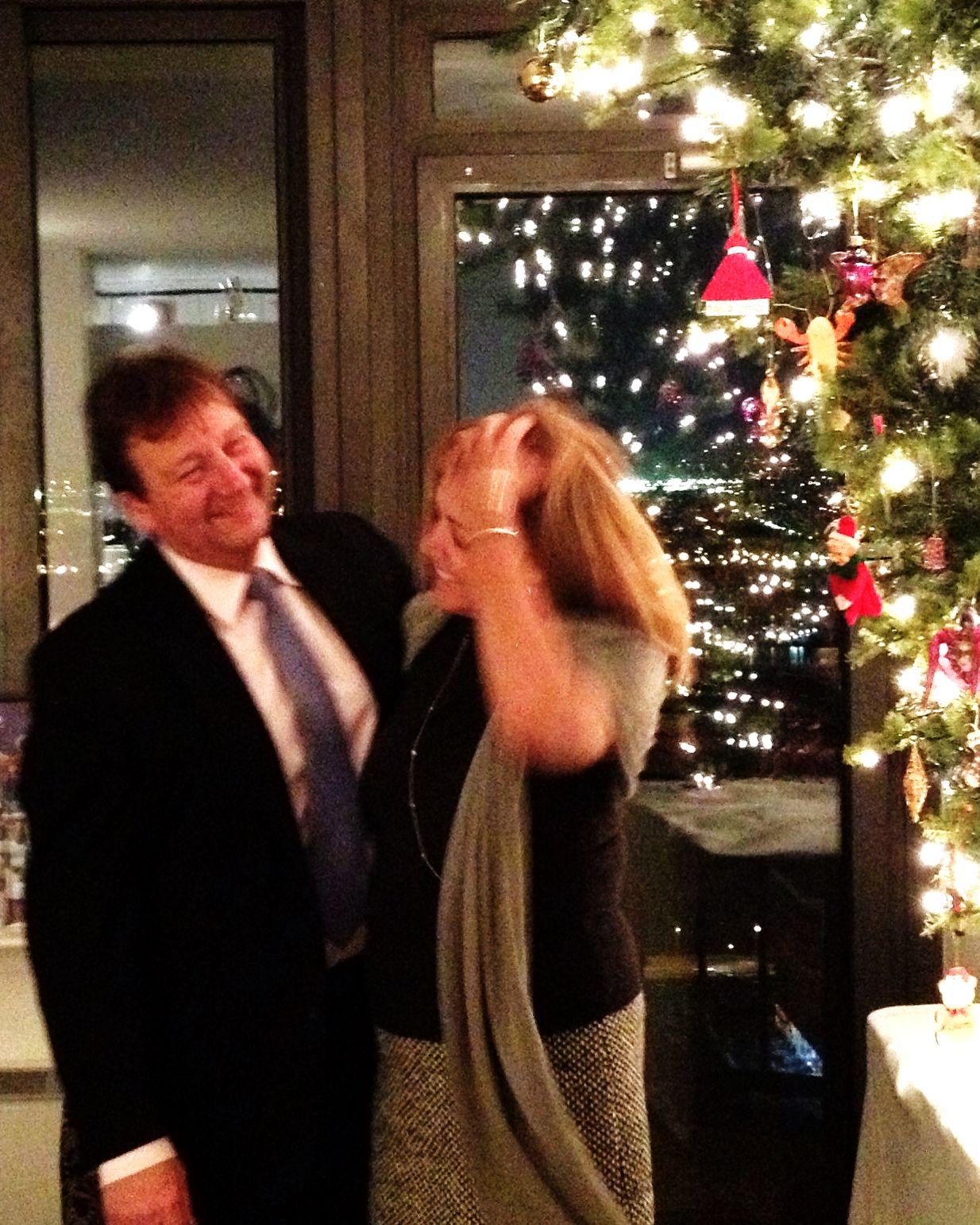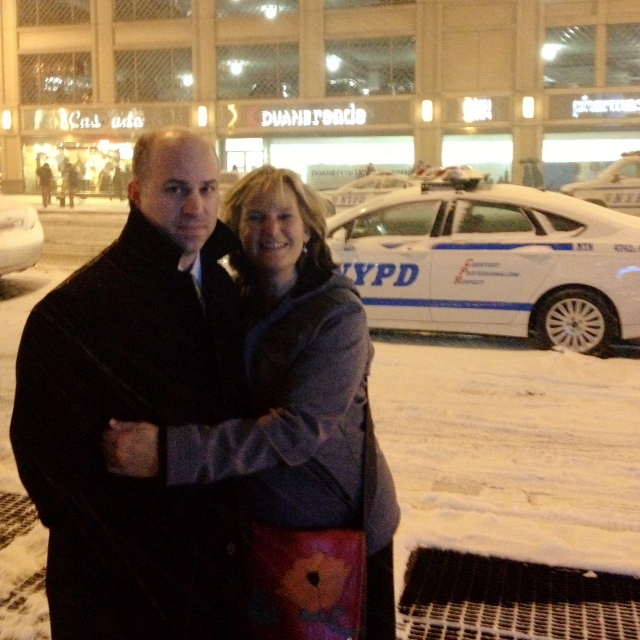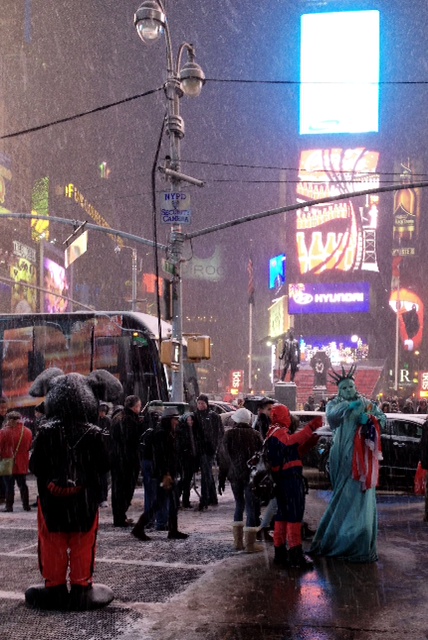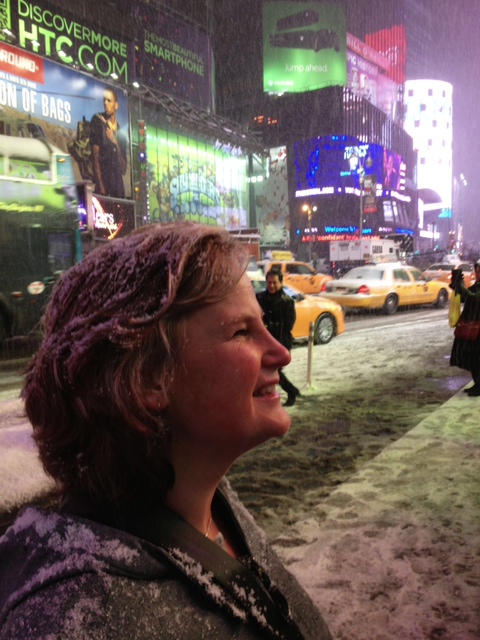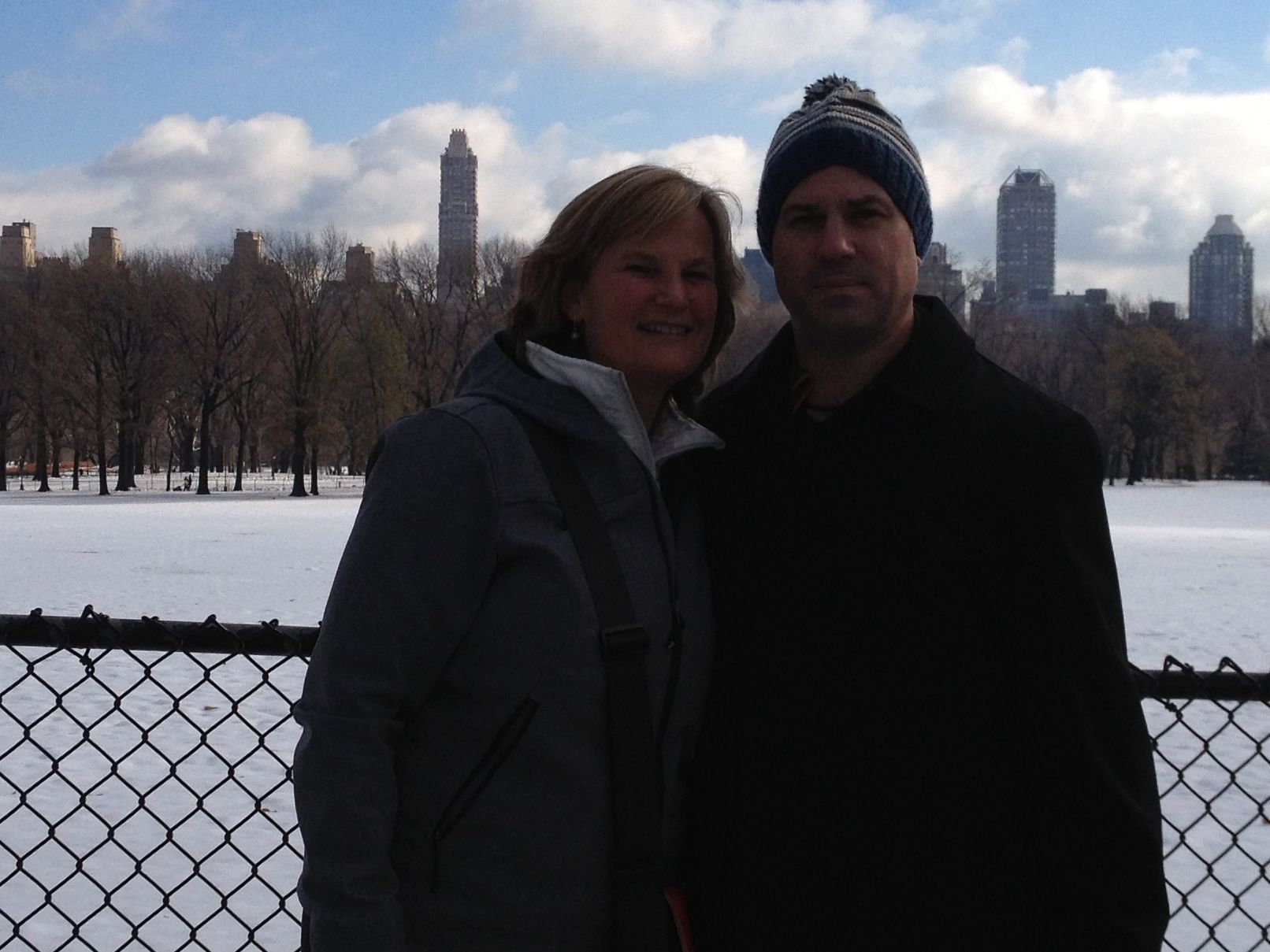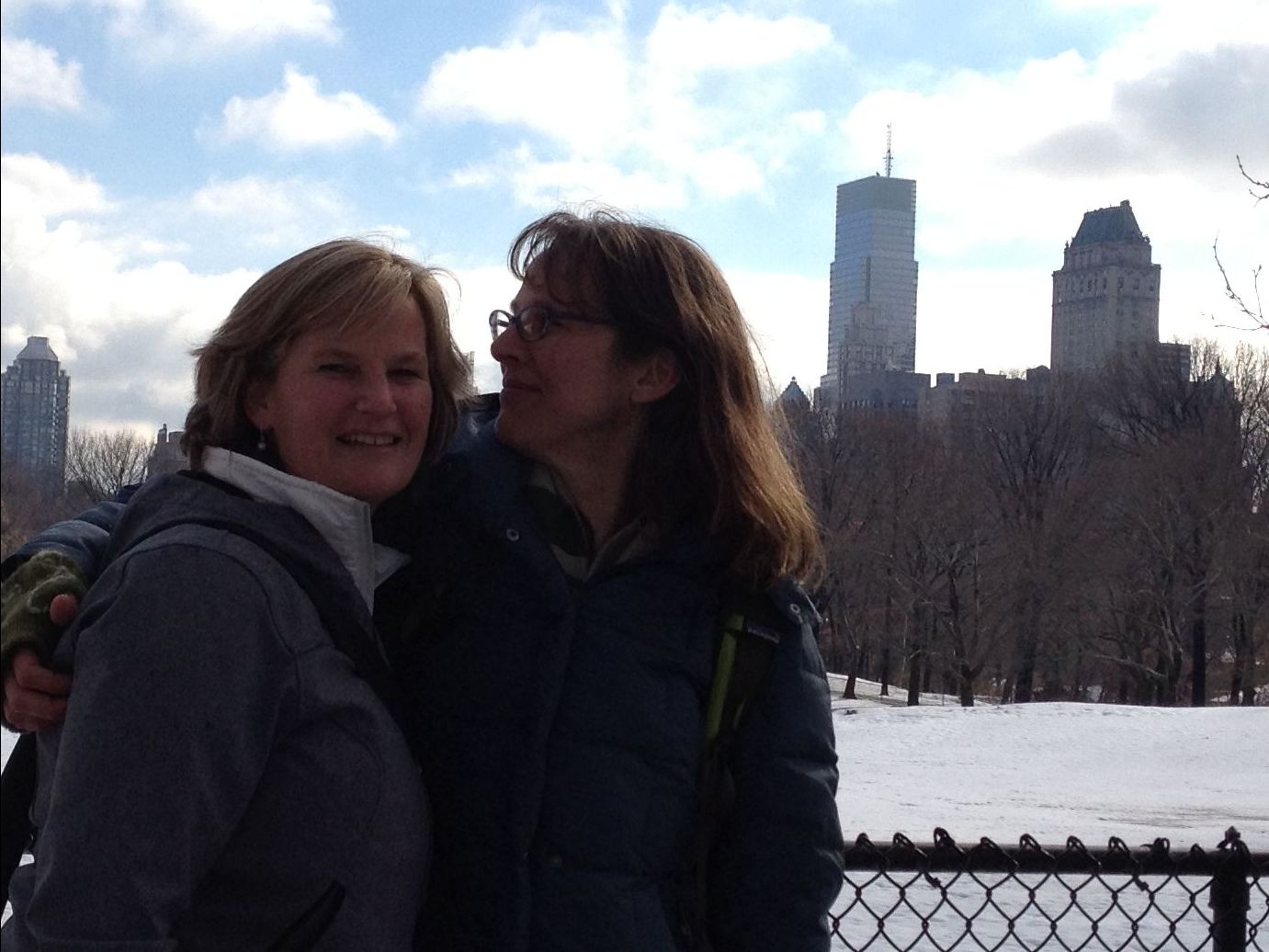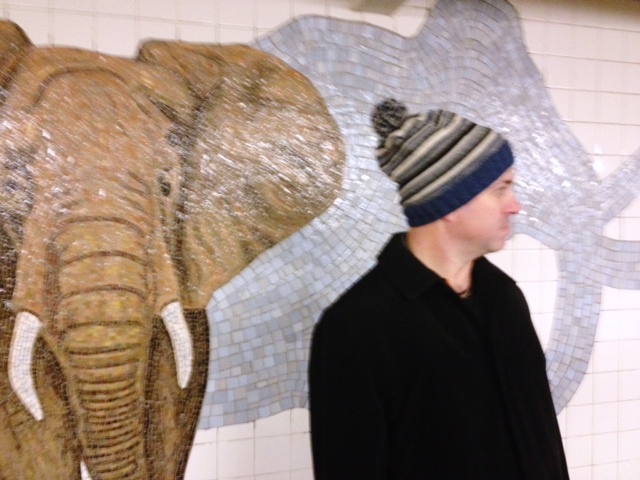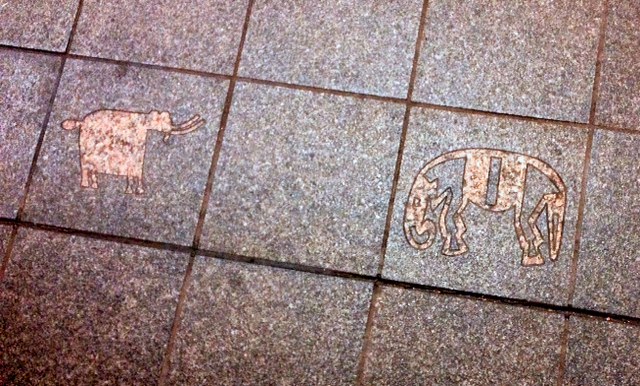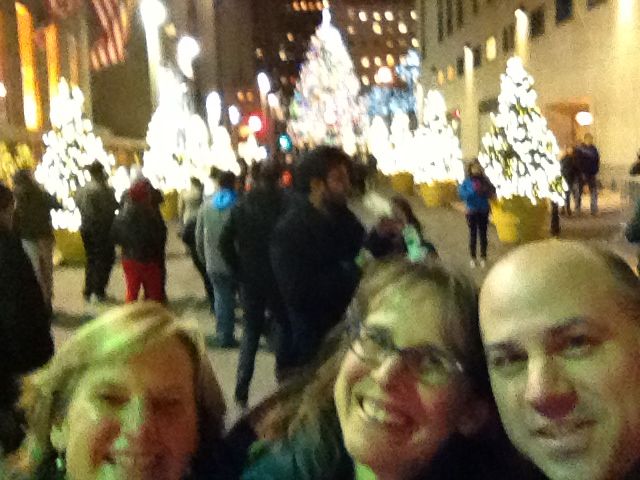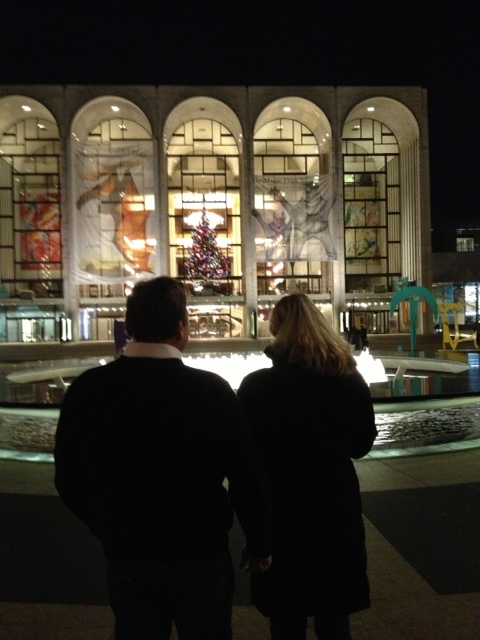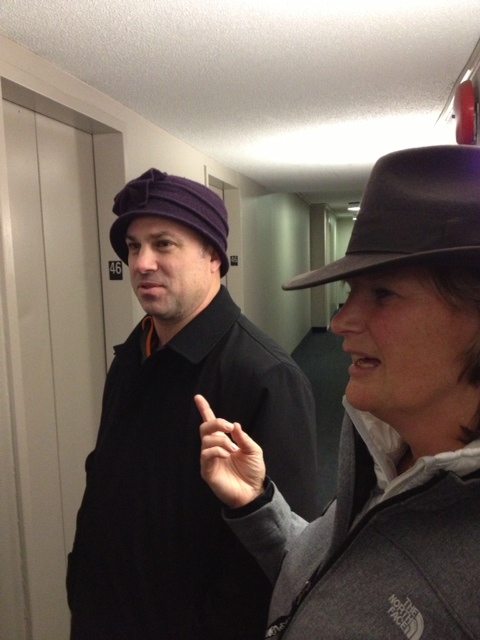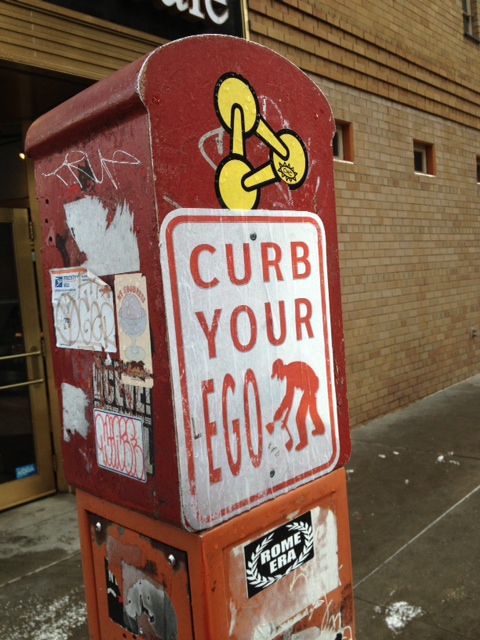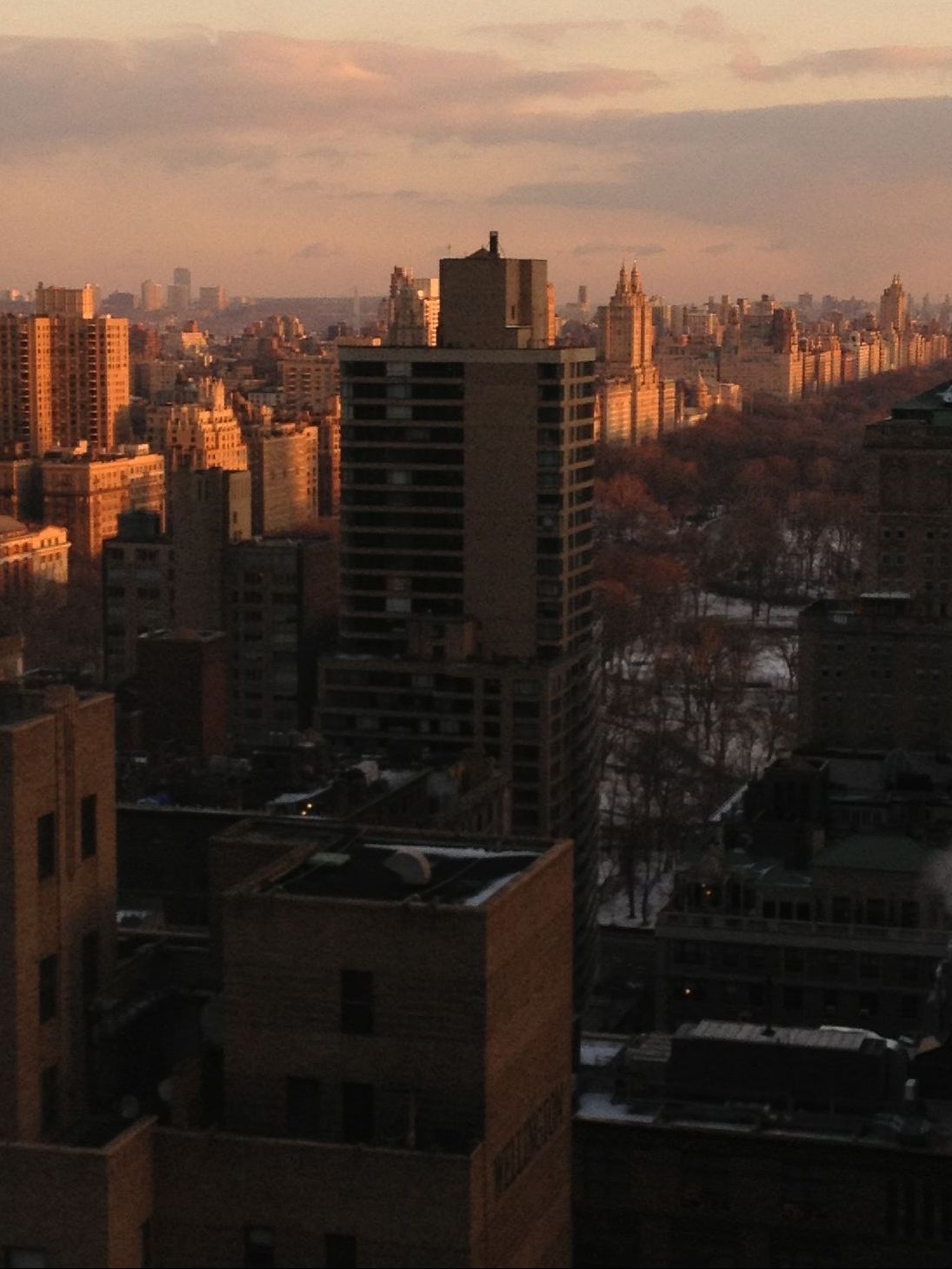NB: You can click through on any of the wonderful images here if you'd like to see more of and learn more about the artists' work. Amazing how creatively fertile "Little Red Riding Hood" remains...
Additional disclosure: Over in the sidebar, there's a significant omission in my explanation for naming this site "The Mouth of the Wolf." I've given you the call but left out the response. When an Italian (or Italophile) tells you by way of encouragement to go ahead and dive "in bocca al lupo!" (into the mouth of the wolf!), you're meant to complete the protective ritual by replying - in your most bloodthirsty tones - "Crepi!" which means "Let him die!"
Maybe my lapses in luck owe something to my repeated failures in wolf cursing. When I say "crepi," I always say it with a laugh or a wince or a cough, as if I were deliberately misfiring my lone silver bullet away from its target and into the dirt. I like wolves. I like them too much even to wish them indigestion. So I imagine that my own journey into the mouth of a wolf would somehow not be violent but just the slobbery means to a happy symbiosis. I fantasize taking up residence in his big belly and coming to know his appetites from the inside. I wonder what the wolf would come to know about me, apart from my being so tasty...
I wonder, too, whether wolves say "In bocca al uomo!" when they're trying to bolster each other's courage. Do you think they repeat well-worn stories about what happens when foolish young wolves stray out of the woods and onto the human path on their way to grandma's den? "Beware pretty girls with picnic baskets!"
Words have not been coming easily to me of late. I'm reading bloody fairy tales and getting paler and more passive by the day, less like a human or a wolf and more like a sea anemone, some tender translucent creature waving its tentacles in the passing current. But I did manage before I subsided into dumb inertia to complete a proposal for the Conversation Project run by Oregon Humanities.
How's this for a cool idea? Send out an open call for prospective conversation leaders to submit topics oriented to the humanities and of clear relevance to Oregonians. Choose and create a catalog from the most promising of these, then invite nonprofits from all over the state to host the conversation(s) that interest them. OH covers stipend and travel costs for the leaders, while the nonprofits are responsible for arranging the venues and getting the word out. Every catalog has a two-year term, during which leaders are effectively on-call, ready as their schedules allow to take their provocations on the road.
The core aim of the project (as I understand it) is to stir the Oregon pot, to use questions of common interest to bring together people who don't ordinarily have much intercourse or discourse and get them talking and listening to each other. (Here, as elsewhere, there's an especially strong, resentment-generating split in perspective between the urban and rural citizenry, but of course things are cracked all over, and our general willingness to engage those with whom we disagree seems very much on the decline.) It's an eminently worthy endeavor, but I love it for selfish as well as civic reasons - what an alluring invitation it offers to a restless mind! OH is careful to insist on what they're not looking for: lecture, presentation with Q&A, debate, or solution-oriented discussion. They're looking instead for rich questions and open dialogue led by the knowledgeable but not oppressively expert. Intellectual omnivores welcome, hooray!
The application would have been moderately demanding if I'd been in full possession of my wits and energy. As it was, I almost gave up before I'd started in earnest. How did I think I could get something cogent and persuasive together when I was up to my eyeballs in chemical-induced oobleck? But I got an enthusiastic nudge at just the right moment - thanks, Paige and Allison! - and decided to forge ahead, to see how far I got. Nothing lost if I failed to finish in time - it gave me an opportunity to articulate some thoughts and questions that are intrinsically interesting to me. It also gave me something to think about that was almost entirely unrelated to cancer, a very welcome change. But I did finish, and I dare to hope that OH will say yes to the conversation I proposed. (Thanks to Kathleen and Lauren for having my back!)
Here's one small piece of what I submitted, an attempt at a catalog-ready description:
Living with Wolves, Real and Imagined
Few animals range as widely as wolves. They wander not only across borders between geographical states but across borders between states of mind. For more than sixty years, wolves endured in Oregon only as creatures of individual and collective imagination, but in 2008 they returned in flesh and fur, tooth and claw. Sixty-four wolves are now known to live among us; just last month, wolf tracks appeared on the eastern slope of Mt. Hood for the first time since 1947. As they make their literal journey into the heart of the state, wolves trail a mythical history that complicates the questions they pose for Oregon’s citizenry. They present both a practical challenge and a cultural provocation: How do wolves mirror and threaten us? What is our appetite for wildness and danger? What material risks can we fairly ask our neighbors to assume in the interest of an intangible good?
Wolves interest me very much in their own right, but another reason I'm so eager to converse about them is that they have unwittingly taken on so many conflicting symbolic burdens from us. They are irreducibly alien but resemble us closely enough to awaken buried ambivalence about our own rapacious appetites and capacity for violence. They gave us dogs, and their intransigent indifference to our interests shows up in contrast as a betrayal. Furthermore, there's no denying that they pose a real, material threat to anyone whose livelihood depends on sheep or cattle. All that said, the almost gleeful state-sponsored slaughter now underway in Idaho speaks to a fury and a fear all out of proportion to the threat.
There are many interesting discussions going on these days around the concept of "misfear." I ran into one when following up on a personal bugbear, the questionable value of mammograms. (A subject for another day. Suffice it to say that my diagnosis has not altered my judgment that for most women they are an expensive and potentially dangerous panacea.) My own relationship to fear has been in flux over the last three months. I've felt an ever more pressing need to cultivate a new kind of discipline and discernment, to try whenever possible to distinguish phantom from real dangers.
Beyond this, when we're in the middle of a protracted health crisis, we're asked (and not at all politely) to learn to live with real dangers, to discover and possibly to expand our tolerance for risk. Sorry to lay another load at your feet, wolves, but you do make a good jumping-off point for that broader conversation. What appetite does each of us have for danger, wildness, loss of control? And how do our differing appetites contribute surreptitiously to conflicts between humans and other animal neighbors? Can ideals of coexistence and dominion be reconciled anywhere?
Finally (if you've made it this far), a brief progress report, since I've been incommunicado for the last few weeks. Yesterday I had my fourth and final treatment of Adriamycin (a.k.a. the Red Devil) and Cytoxan. Halle-fucking-lujah! My white and red blood cell counts have continued to plummet despite regular self-administered injections of Neupogen, a marrow-boosting growth factor, thus my gradual devolution into a seafloor creature. (I was just on the edge of acceptable parameters with my WBC count yesterday but they decided to go ahead with treatment. As my immensely cheering NP, Michelle Anthony, reminded me, we're aiming at cure, so ass-kickings will proceed apace whenever possible. Another negotiation of alternative risks - there are no right answers here.)
Today I'm not an anemone but a limpet, back clinging to the couch. But the brain is up and running for a change, probably thanks to the steroids I'm taking (with four other drugs) to manage the nausea. They can trigger mild bouts of mania. I get one more dose of those tomorrow, then will crash hard on Wednesday or Thursday. With any luck, the body will stir to life again sometime over the weekend; the brain stayed away 'til Wednesday last week, and even then its return was unsure and tentative. We shall see. Just as I'm getting to know the pattern of one rug, it gets whisked out from under my feet. On April 7th I switch to weekly treatments of Taxol, which is reputed to be easier in many respects but is downright terrifying in others.
The third treatment was the one that melted away most of my lingering bravado. This shit is hard. I'm in awe of my body and its secret work. All unawares, I pulled a Grimm reversal and swallowed a wolf.
Forza!
Gretchen




















